Cambridge Phonics and Handwriting
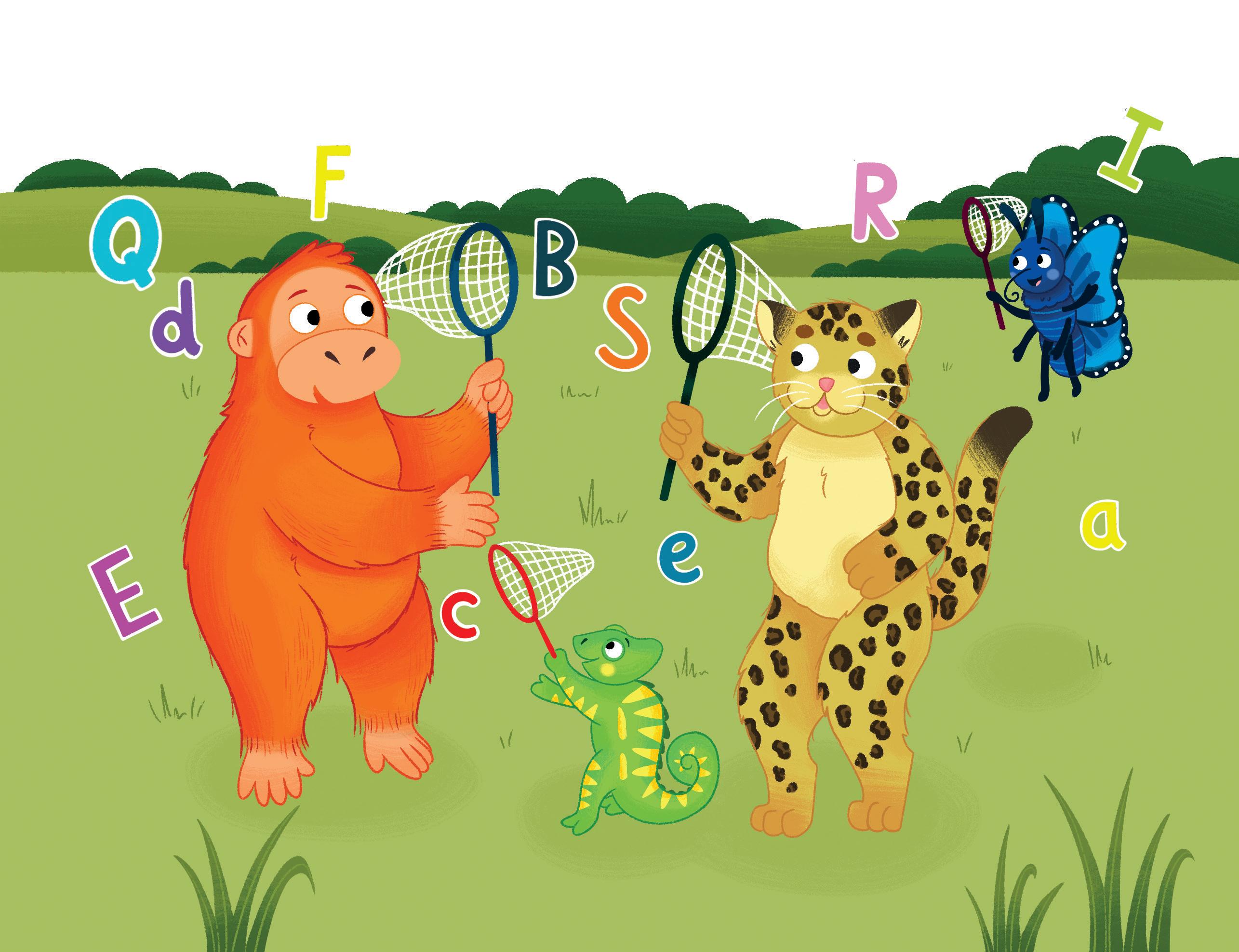
Learner’s Book Step 2B
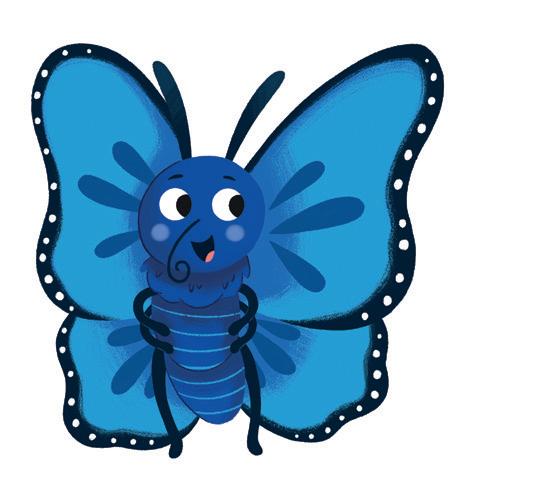
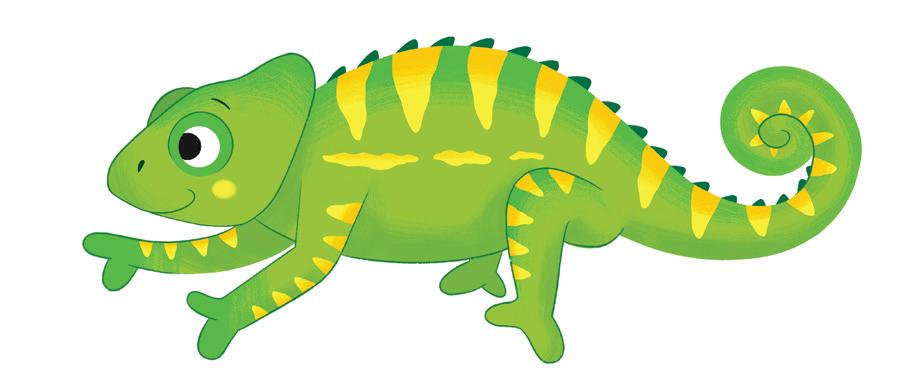




This Learner’s Book provides activities to support Units 11–20 of Cambridge Phonics and Handwriting Step 2. The Teaching Resource provides full coverage of the Cambridge Phonics and Handwriting Framework and guidance on how the Learner’s Book activities develop the framework statements.
Activities can be used at school or at home. Children will need support from an adult. Additional guidance about activities can be found in the For practitioners boxes.
When children learn to read using phonics, they start by learning the sounds that letters make. For example, the letter t makes a sound like the start of the word ‘tap’. We say /t/ (a short sound), not ‘tee’ (the letter name).
Using the letter sounds helps children read by putting sounds together to make words. It also helps them spell by breaking words into sounds. When you help your child at home, try to use the sounds, not the letter names. You can find videos and tips to help you say the sounds at our parent support site.
Some letters stand for more than one sound. For example, the letter c sounds different in ‘cat’ and ‘circle’. The example word in the table below demonstrates the sound that your child is learning at this time. Some sounds are represented by more than one letter or group of letters. For example, c, k and ck all represent the same sound. Your child might learn the sound of a letter before they learn how to write the letter.
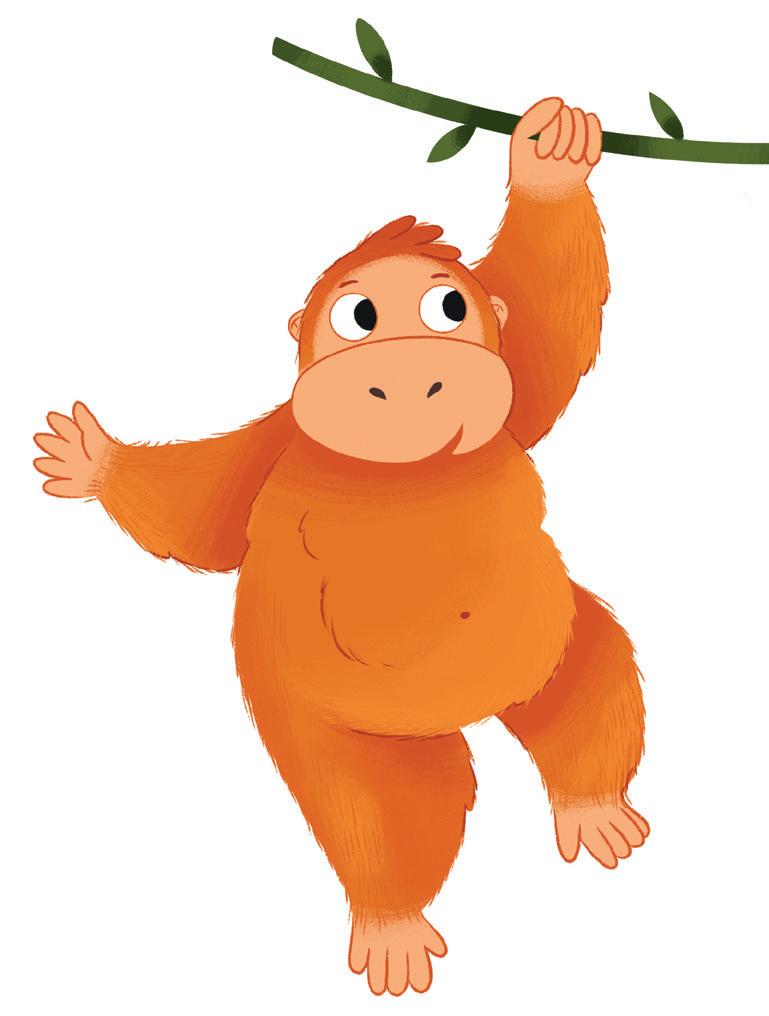
f fan
ll doll
z zz zebra fizz
v van
w wet
th ‘th’ can produce two different sounds: in ‘this’ or in ‘think’
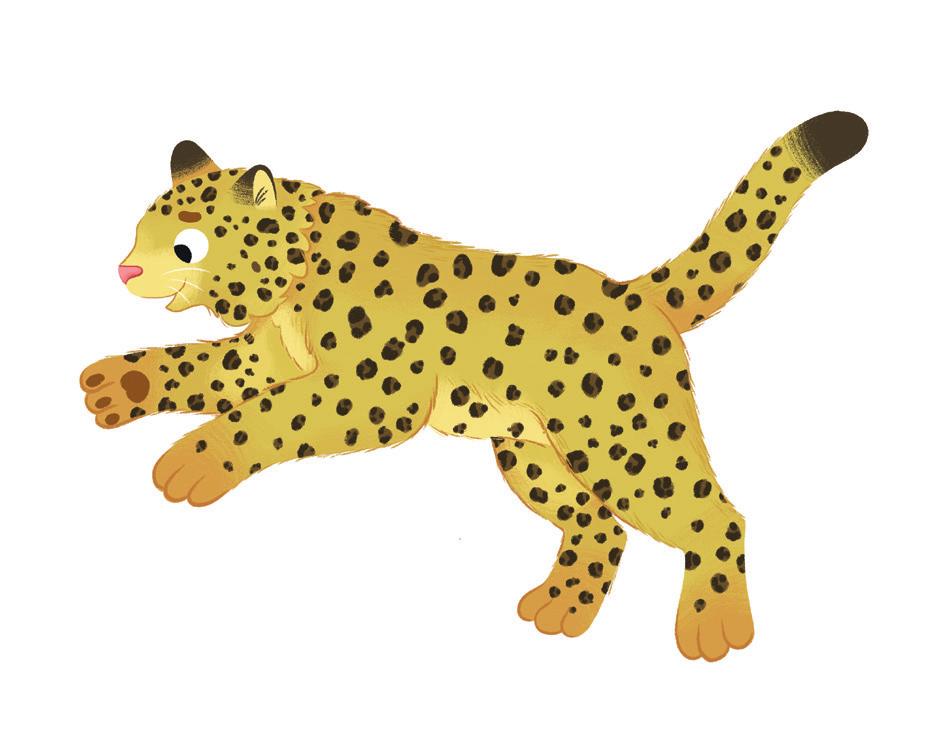
n r h c k t th ck
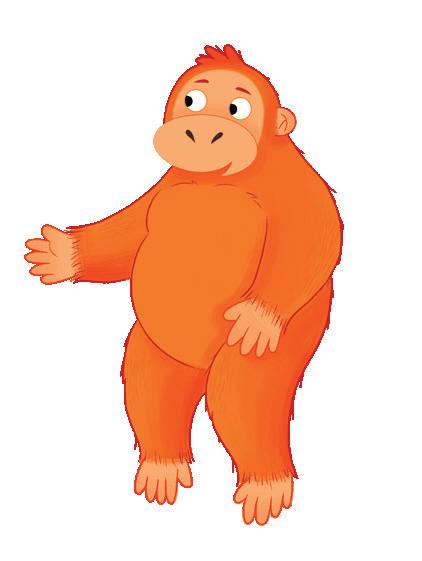
Ask the child to look at the letters on the page. They find letters which have the sound /k/ These are: c, k and ck. Ask the child to say the sound and circle the letters. Ask the child to say the sounds for the other letters on the page and think of some words which have each sound.
Activity 2
Look, circle and read.
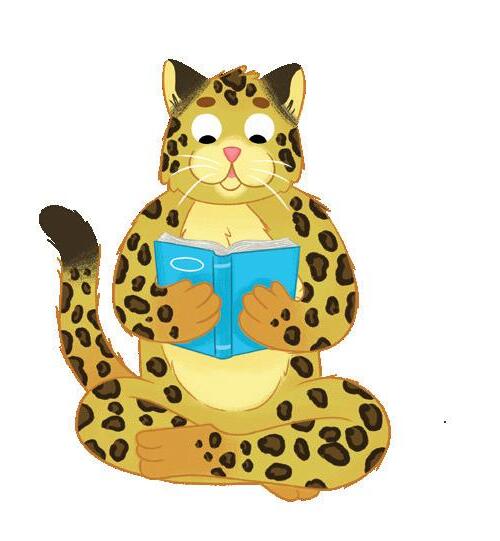
We all want to win.
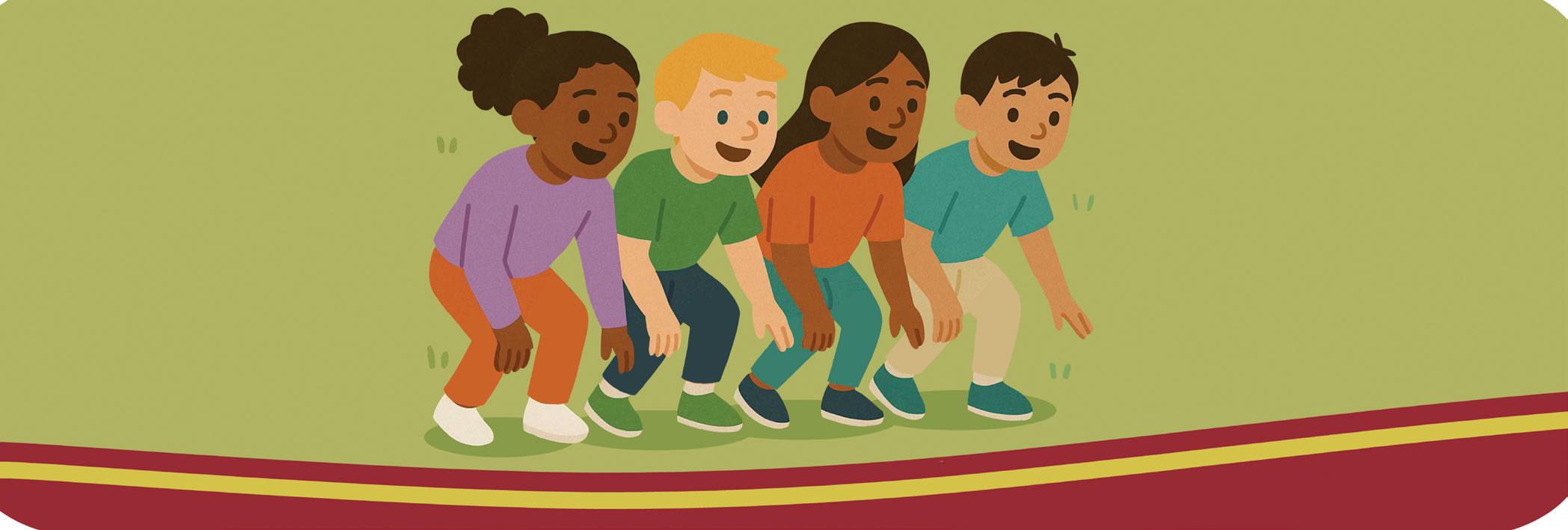
I want to hop.
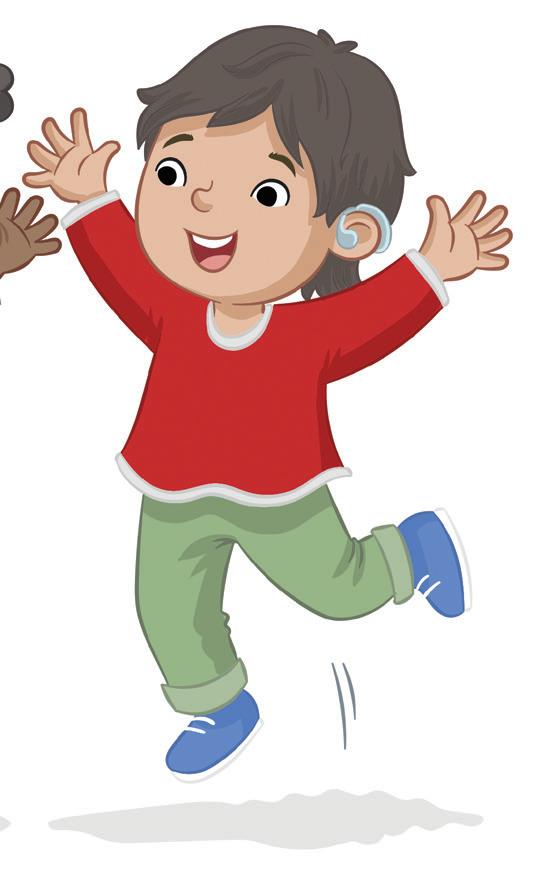
Ask the child to look at the top picture and say what they can see. Ask them to find the tricky word want /wɒnt/ in the sentence and circle it. Remind them that this is a tricky word because we can’t sound it out in the usual way, but we remember it because we see it a lot. Ask them to read the sentence. Repeat for the bottom picture and sentence.
Find,








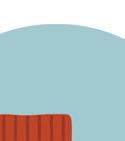
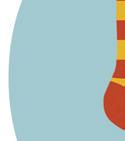





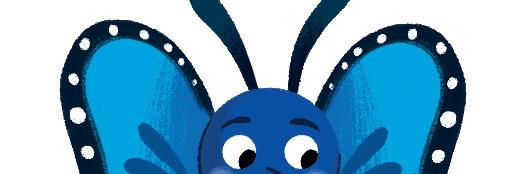

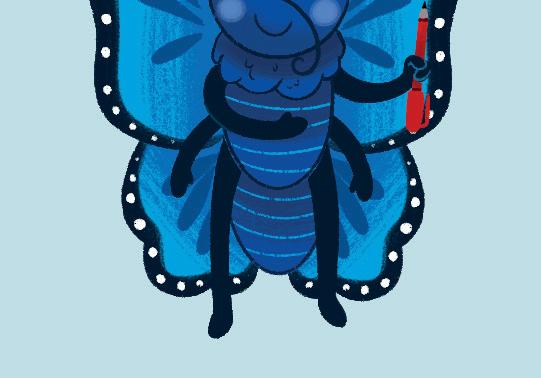
w i k s h o c t e p ck ck






Ask the child what the first picture shows (kick). Encourage them to say each word aloud, sound by sound, then find the letters for the sounds and circle them with a coloured pencil. Ask them to use the letters they have circled to write the word in the boxes. Repeat for the second picture (sock) using a different coloured pencil.


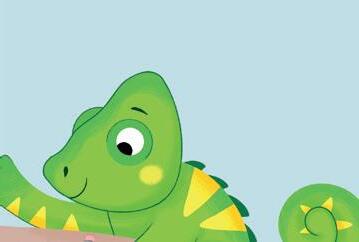
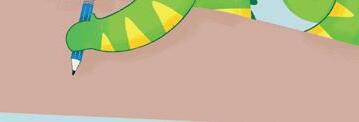







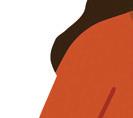

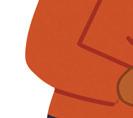
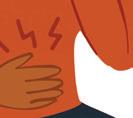










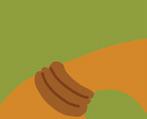
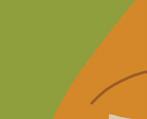
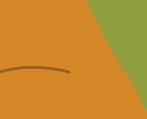



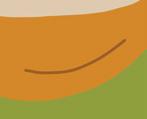




Ask the child to read the first word aloud, sound by sound, then the whole word. Ask the child to use a pencil to trace the letters and then copy the word onto the line. Repeat for each word.